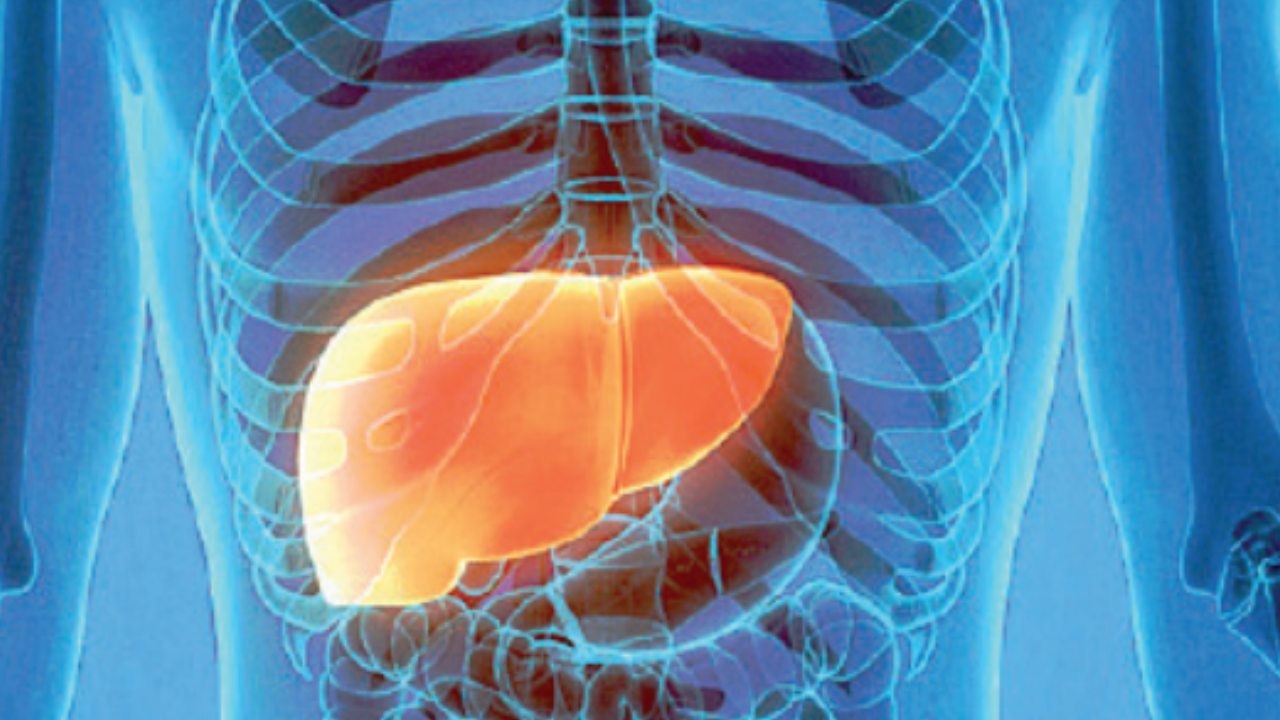- Diagnostics
- 2 min read
COVID-19 has significant impact on liver, study at Mumbai civic hospital finds
The report was recently published in the Indian Journal of Medical Research, a publication of the Indian Council of Medical Research. As many as 46 per cent of patients (who took part in the study) had liver abnormalities caused by coronavirus, overuse of experimental and potentially dangerous drugs early in the pandemic and critically low oxygen levels.
The report was recently published in the Indian Journal of Medical Research, a publication of the Indian Council of Medical Research. As many as 46 per cent of patients (who took part in the study) had liver abnormalities caused by coronavirus, overuse of experimental and potentially dangerous drugs early in the pandemic and critically low oxygen levels, it said. "The study findings have underlined that the liver also took a huge hit due to COVID-19, like the lungs and heart," said Dr Pravin Rathi, gastroenterologist and dean of Nair Hospital.
Dr Sanjay Chandnani, a gastroenterologist and assistant professor at the hospital, told PTI that of 3,280 patients admitted in their COVID-19 center, around 1,500 patients above 18 years of age were examined during the study. COVID-19 was known to affect respiratory, gastrointestinal, cardiovascular and other systems, but there were very few studies describing liver involvement and liver function test (LFT) abnormalities, he said.
The study at Nair Hospital revealed that as the severity of COVID-19 infection increases, liver function abnormalities worsen, and such patients are more likely to develop a severe disease. "In COVID-19, LFT abnormalities were common, and derangement increased as severity progressed. The presence of deranged LFT worsens the clinical outcome and predicts high risk of deaths in hospitalised patients," the report read. "The cause of derangement is multifactorial. It could be due to virus itself, multiple drugs, complimentary and ayurvedic medications, low oxygen levels and any pre-existing liver disease," Dr Chandnani said.



COMMENTS
All Comments
By commenting, you agree to the Prohibited Content Policy
PostBy commenting, you agree to the Prohibited Content Policy
PostFind this Comment Offensive?
Choose your reason below and click on the submit button. This will alert our moderators to take actions